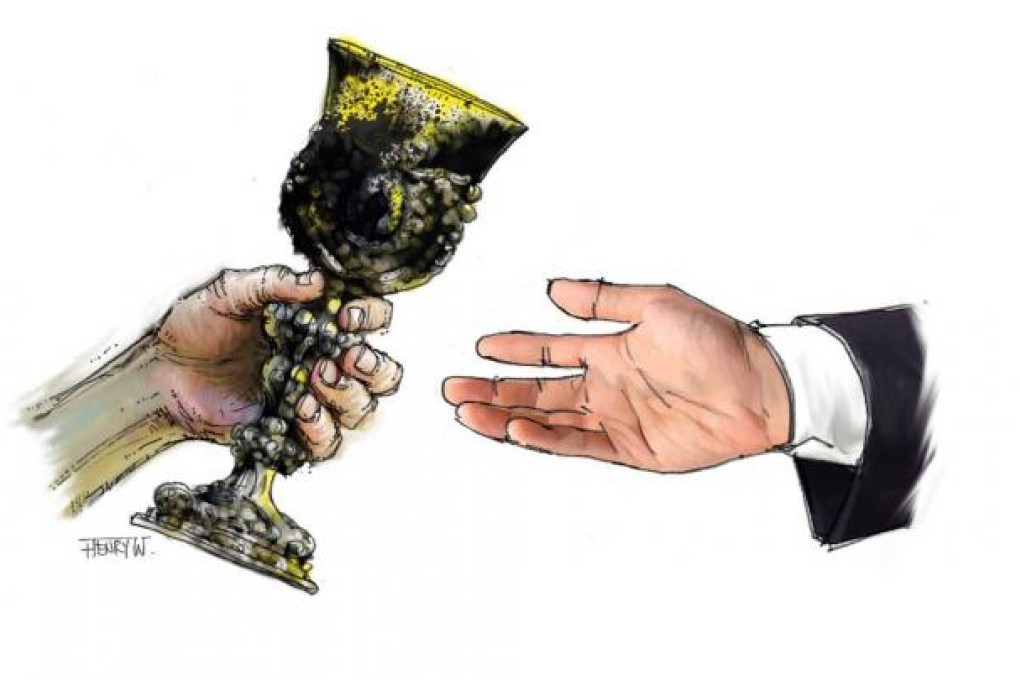Dynastic succession in Asian politics is no guarantee of success
Kishore Mahbubani says in Asia, where dynastic succession in politics is common and society's challenges are immense, leaders know their job is not made easier by their advantage of birth

To the extent that culture matters in politics, the recent spate of leadership changes in northeast Asia suggests that Asian societies are more tolerant - if not supportive - of dynastic succession. South Korea's recently elected president, Park Geun-hye, is the daughter of Park Chung-hee, who ruled the country from 1961 to 1979. China's incoming president, Xi Jinping , is the son of Xi Zhongxun , a former vice-premier. Japan's new prime minister, Shinzo Abe, is the grandson and grandnephew of two former Japanese prime ministers, and the son of a former foreign minister. Kim Jong-un is the son and grandson of his two predecessors in North Korea.
This pattern is not confined to northeast Asia. President Benigno Aquino of the Philippines is the son of former president Corazon Aquino. Prime Ministers Najib Razak and Lee Hsien Loong of Malaysia and Singapore, respectively, are also sons of former prime ministers.
In India, Rahul Gandhi is waiting in the wings, preparing to step into the shoes of his great-grandfather (Jawaharlal Nehru), grandmother (Indira Gandhi), and father (Rajiv Gandhi). In Pakistan, Bilawal Bhutto Zardari - son of President Asif Ali Zardari and the assassinated former prime minister, Benazir Bhutto, and grandson of former prime minister Zulfikar Ali Bhutto - recently made his political debut.
Is dynastic succession becoming the norm throughout Asia?
There is no denying that a distinguished lineage gives political candidates an advantage over rivals. But it is also clear that having distinguished relatives is no guarantee of success. Consider the chequered record of former Philippine president Gloria Macapagal-Arroyo. Her father was a respected president; yet she could well be remembered as one of the country's most corrupt.
The key issue is leaders' attitude when they assume office. If they do so with a sense of entitlement from their lineage, they are likely to fail, as Arroyo did. Fortunately for East Asia, most seem to approach power with a keen sense of duty and a commitment to strengthening their countries.
The term "princeling" is probably an unfair description of Xi Jinping. After all, he hardly can be said to have led a charmed life. After his father was purged by Mao Zedong , he went to work in the countryside, even before the Cultural Revolution, experiencing first hand all of the hardships that many of his generation endured. Having risen to the top, he feels no sense of entitlement. From all accounts, he feels an even greater sense of responsibility to prove that he gained his position on the basis of merit, not privilege.
